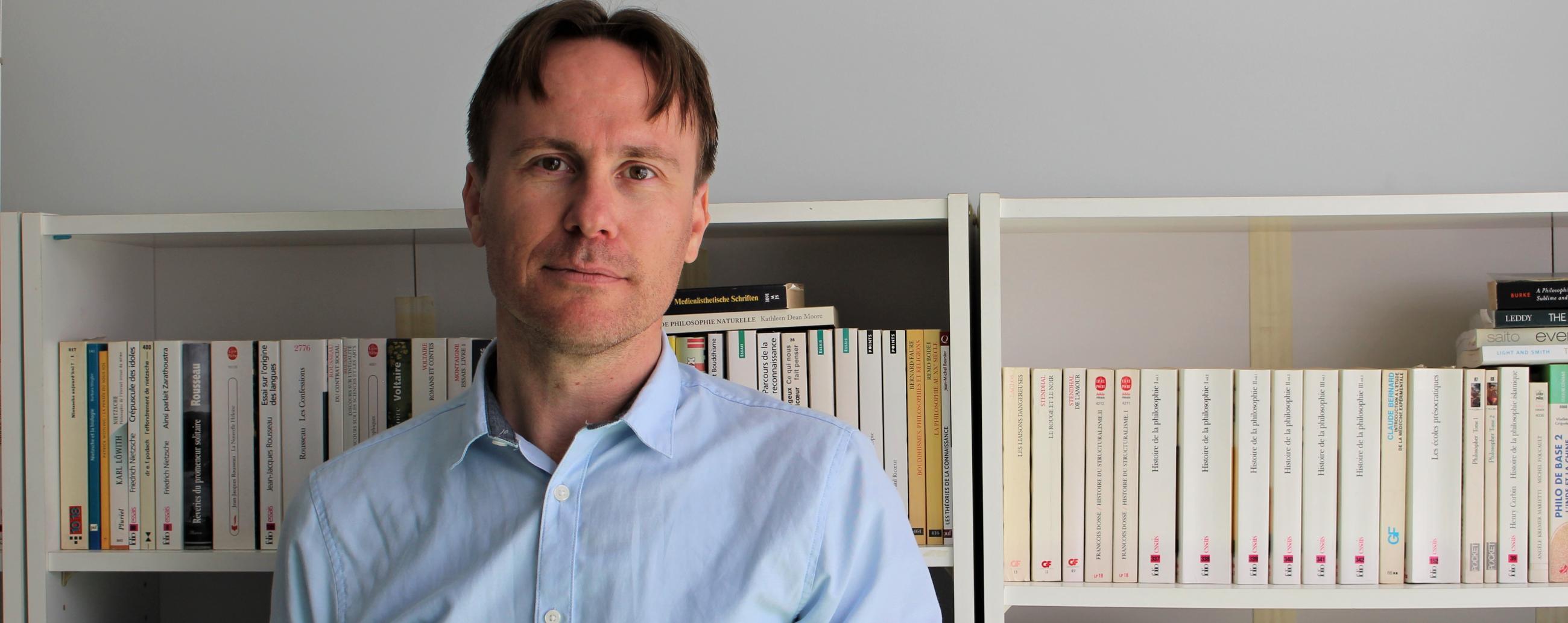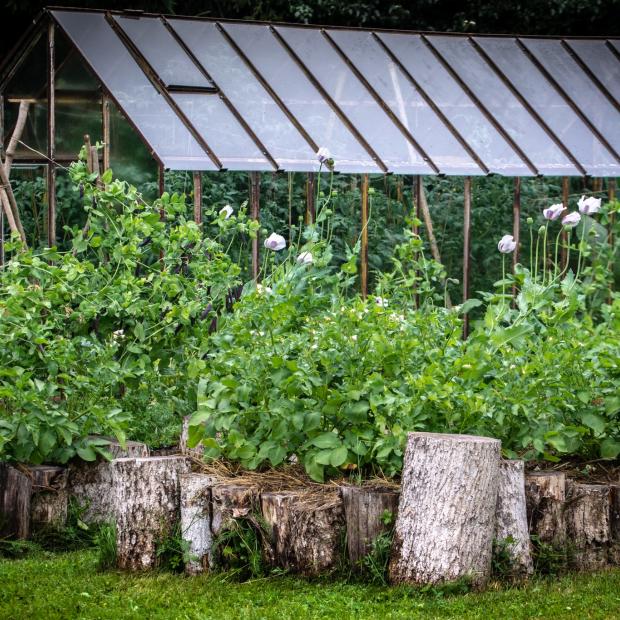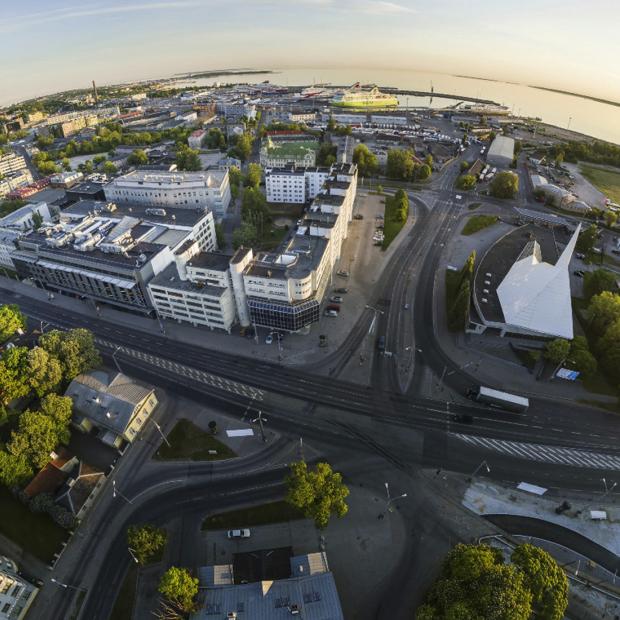Margus Vihalem: "Small steps start big changes!"
Margus Vihalem, the Director of School of Humanities introduces how the School of Humanities contribute to sustainable development.

What practices are used in the School of Humanities to promote sustainability?
We have now taken our first bigger steps to reduce our ecological footprint. First, we decided to stop using disposable cups at our coffee and lunch room – each employee has their own mugs.
We are currently mapping how to reduce the use of paper. From now on, our plan is to purchase printers and copiers, that can operate with the use of paper made from recycled materials. For that, we are looking for suppliers who sell such paper. In this process, all university's schools and the whole university could work together – joint action is always more effective.
Who or what inspires you to adopt these practices?
I assume we can all agree, that climate changes are escalating and biodiversity is declining. These concerns cannot be ignored or denied. There is only one effective choice – not to panic or hide your head in the sand, but to act quickly and thoughtfully.
Greater awareness of the ecological footprint of our habits and our inherent ability to adapt to new situations and practices will help us make smart decisions. It is important to understand that no one can do it for us, unless we do it ourselves.
In terms of sustainability – what else do you think should be done?
Sustainability is a broad concept that we must give deeper meaning to – the sustainable use of natural resources, i.e. how we care for the world and other living organisms around us, and our mental and physical health, for example, how we care for ourselves and our people.
It is clear that bringing sustainability to our everyday lives is an ongoing process. But as I see it, there are plenty of changes we should do at the university: stop transporting large container bottles from afar to our lunch rooms and instead consume tap water, stop using disposable cups in coffee machines and cafes, apply green office principles and much more.
In addition to changes at the university, we should critically review our personal habits – whether we sort garbage, prefer public transport or bicycles to cars, prefer local and organic food, drink tap or bottled water, etc. Small steps start big changes! And everyone's contribution counts! We will see new opportunities when we are ready to step out of our comfort zone.


